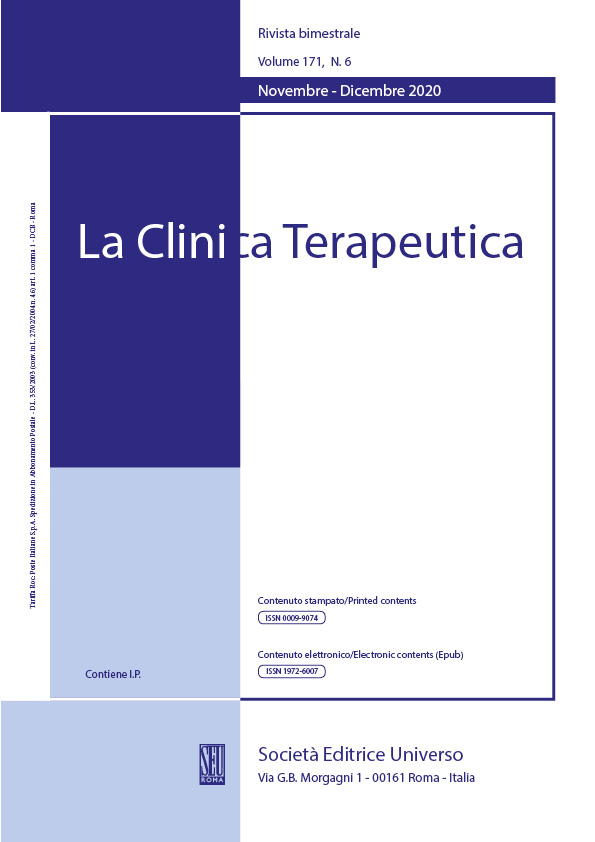Abstract
Objective: We developed an Italian version of the Occupational Therapy Task Observation Scale (OTTOS)1 and an Italian version of the Comprehensive Occupational Therapy Evaluation Scale (COTES)2 and examined their reliability and validity.
Methods: The original scales were translated from English to Italian using the “Translation and Cultural Adaptation of Patient Reported Outcomes Measures–Principles of Good Practice” guidelines3. Both scales were administered to adults with mild and moderate intellectual disabilities. People under eighteen years, with severe and profound intellectual disabilities and deaf people were excluded from the study. Their reliability and validity have been examined. Reliability was analyzed via internal consistency (Cronbach's alpha) and stability (intra/inter-rater coefficient), while validity was investigated via construct validity (p-value) and criterion validity using Pearson's correlation coefficients between them and with the Mini Mental State Examination and the Barthel Index Scale.
Results: The OTTOS and the COTES were administered to 30 subjects. Cronbach’s α for the COTES was 0,91 and Cronbach’s α for the OTTOS was 0,92. Regarding the criterion of validity, the two scales have numerous statistically positive correlations, particularly with the Mini Mental State Examination in the Orientation and total part. Furthermore, the correlation with the Barthel scale is present in the total scores, the COTES's third subscale, and the OTTOS's first.
Conclusions: The OTTOS and the COTES were reliable and valid outcome measures for assessing behavior in the Italian population.
